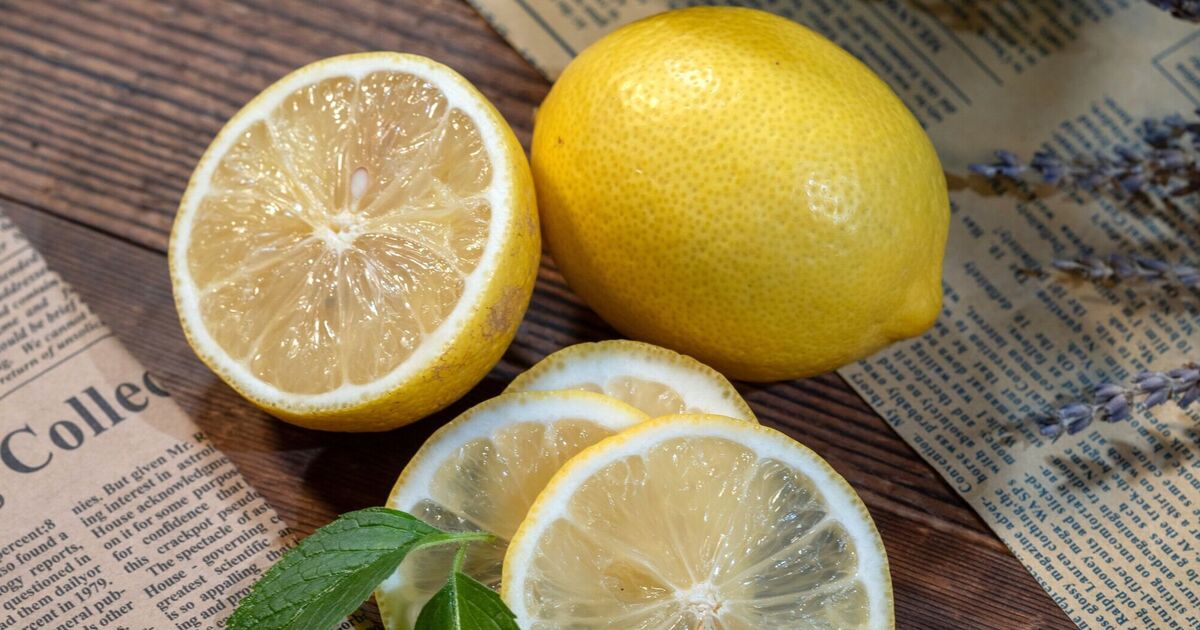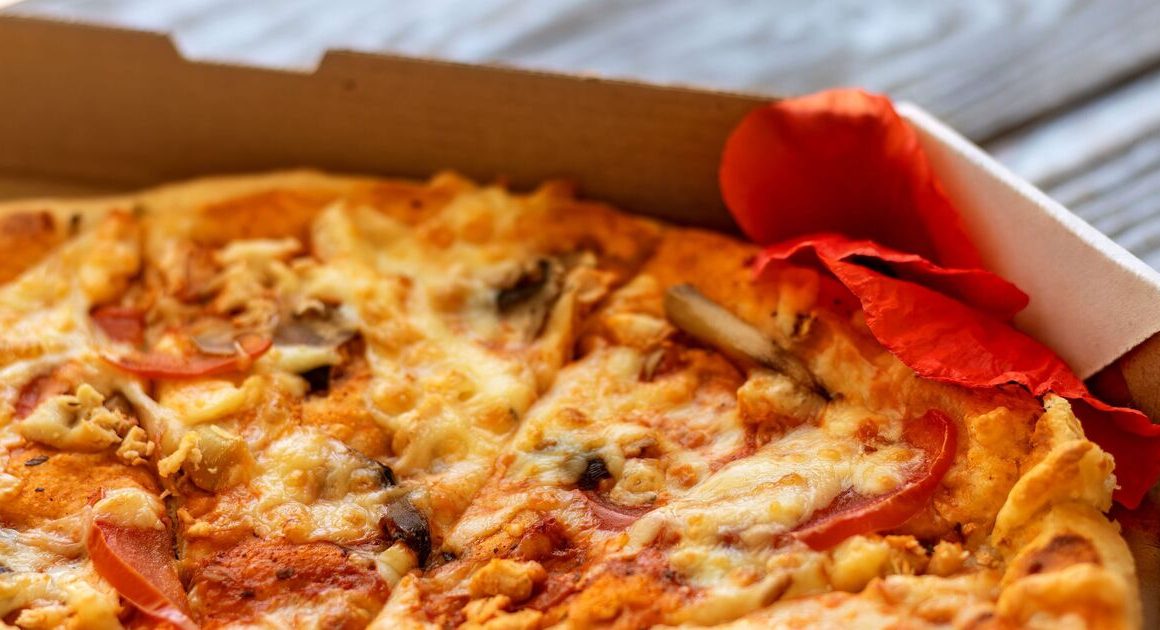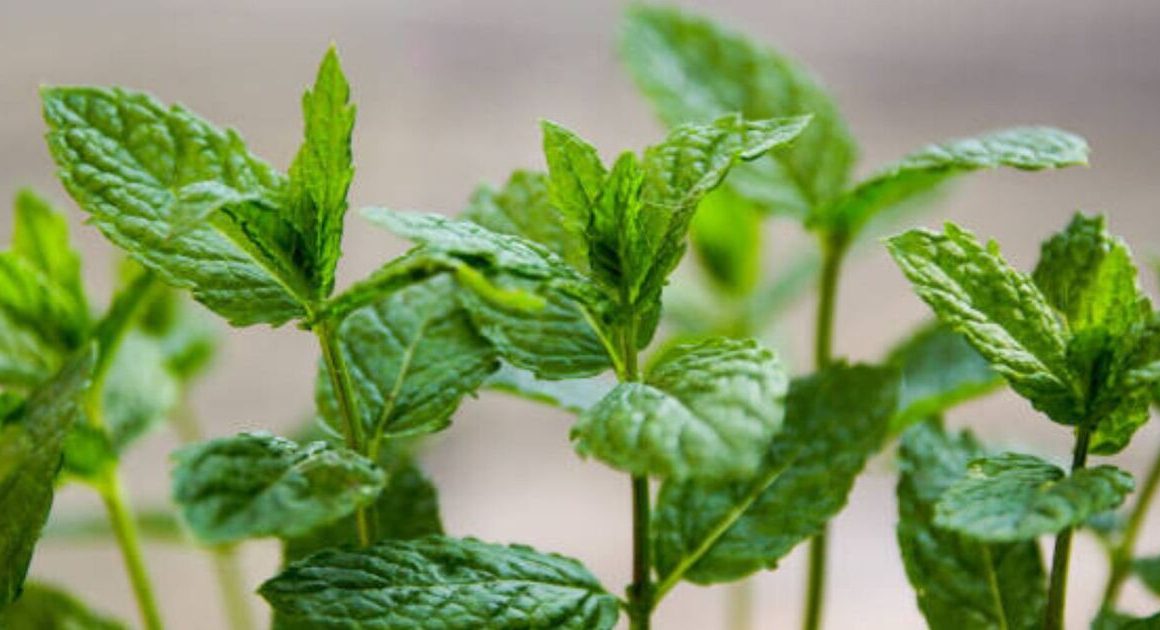Lemons and limes are at the heart of many refreshing drinks and dishes, especially during the warmer seasons. So, to avoid any unneecessary waste, one catering expert issued some key advice on how to keep these summer staples tasting fresh for longer.
Alliance Online said: “Lemons, oranges and limes will keep for up to four times longer if stored in the fridge. That’s because the cooler temperature stops them drying out.”
And if what you want is to get the most out of your citrus – whether you’re baking, cooking or making a refreshing drink – there’s an easy, quick fix that can help you get more juice from your lemons.
According to BBC Good Food, the key to maximising your lemon’s juiciness lies in a simple yet rather unusual 20-second trick using a microwave.
The method is simple: take a whole lemon, place it in the microwave, and heat it on high for about 20 to 30 seconds.
This brief period of heat works wonders by softening the lemon’s internal structure, making it far easier to extract juice when you cut and squeeze it.
The reasoning behind this technique lies in how heat affects the lemon’s pulp; warming it causes the cells to loosen and the juice-holding membranes to relax, allowing the liquid to be released more freely.
This approach is particularly helpful when dealing with hard or chilled lemons, which can be notoriously tough to juice.
By using this quick 20-second trick, you’ll find that squeezing becomes effortless, and you’ll extract far more juice than if you tried to squeeze a lemon straight from the fridge or one that hasn’t been heated.
However, it’s really important to avoid overdoing it, as BBC Good Food explained microwaving the lemon for too long can dry out the flesh, making it even more difficult to extract any juice.
The aim is to warm the lemon just enough to soften it, without cooking or dehydrating it.
This microwave technique is ideal for anyone who regularly uses lemons and wants to save both time and effort in the kitchen.
It’s also a great tip for busy cooks who want to avoid the frustration of battling with tough, hard fruit.












